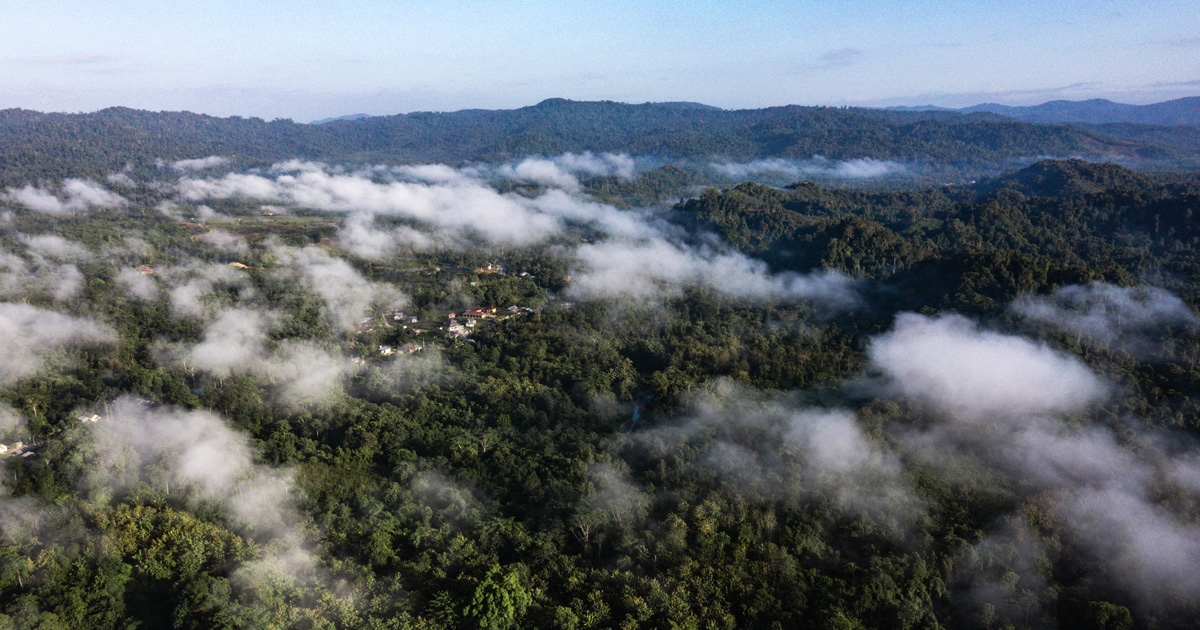Free trade in Asia could aggravate the situation of small-scale furniture producers, if they are not strengthened. The furniture value chain describes the role of different actors in the furniture business from forest to market. Each actor contributes to, and obtains benefits from, the chain. Research was conducted in Jepara, Central Java, the centre of furniture production in Indonesia. The value of Jepara's exports is more than US$110 million annually. This research aimed to improve the position of small- and medium-scale enterprises (SMEs) in the value chain. The study was conducted in 2008-2012, mainly using participatory action research (PAR). The results show that PAR is able to influence the value chain and improve the livelihoods of small-scale furniture producers. By creating a representative association, SMEs were able to strengthen their bargaining position, connect to wider markets and improve trust and support from government. The association was recently issued with the first collective timber legality assurance system (SVLK) license in Indonesia.
DOI:
https://doi.org/10.1080/14728028.2013.875279
Altmetric score:
Dimensions Citation Count:























